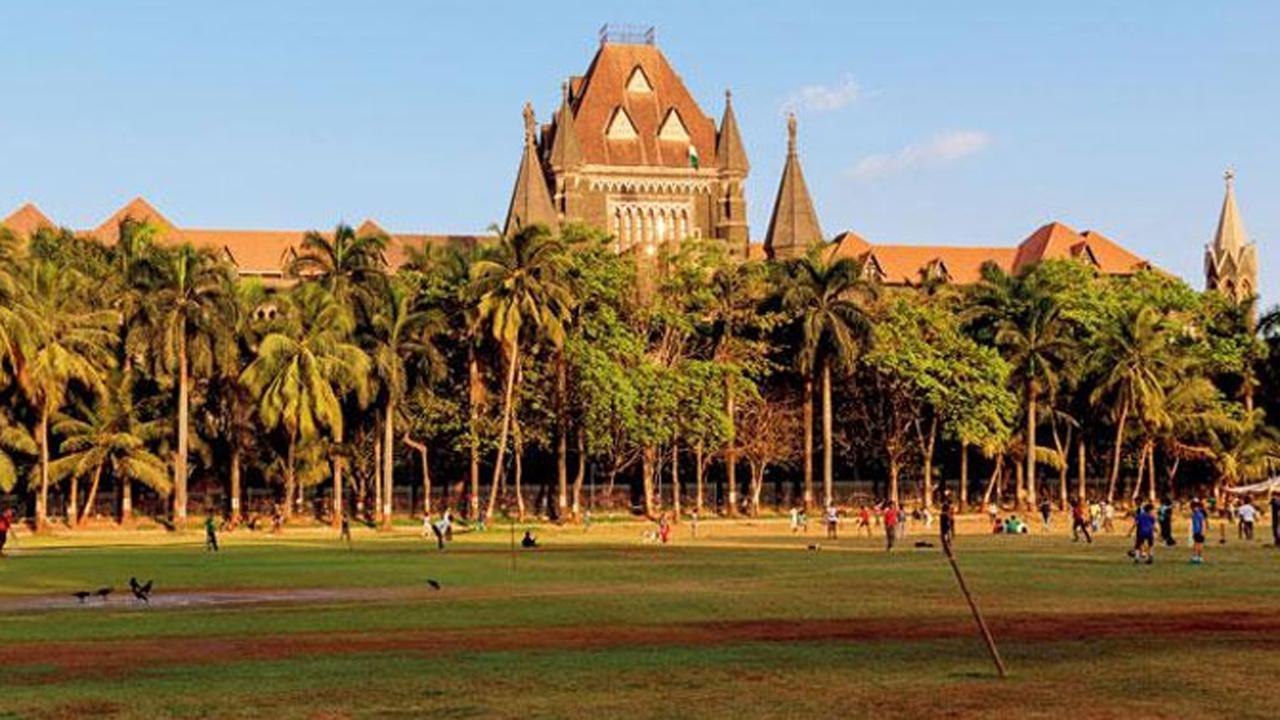The petitioners were booked on the allegation that obscene dances were being performed by women at a bar owned by other accused, where they were allegedly present.

Bombay High Court.
The Bombay High Court recently held that merely being present during a crime pertaining to obscene acts in public, which also falls under the purview of the Maharashtra Prohibition of Obscene Dance in Hotels, Restaurants and Bar Rooms and Protection of Dignity of Women (Working Therein) Act, 2016, cannot be considered unless a specific role is attributed to the accused.
ADVERTISEMENT
With this, the high court quashed an FIR against two men booked during a raid on a dance bar in January 2017. As per a report in The Indian Express, the court held that neither were the two involved in obscene acts nor did they abet any. A division bench of Justice SS Shinde and Justice Manish Pitale passed the ruling on a plea by the two accused men from Mumbai, who sought the FIR against them to be quashed.
A case was registered against them at Santacruz police station on January 21, 2017, along with other accused, under Section 294 (punishment for obscene acts or words in public) of the Indian Penal Code and offences punishable under the 2016 law pertaining to prohibition on dance bars.
The petitioners were booked on the allegation that obscene dances were being performed by women at a bar owned by other accused, where they were allegedly present.
Advocates Rajesh Khobragade and Gayatri Nayak for the petitioners submitted that there were no specific allegations and no role was attributed to their clients attracting charges levelled in the FIR and the chargesheet filed by police. In view of this, last month, the court granted the stay of the petitioners’ trial.
The bench observed, “A perusal of the material on record shows that no allegations as per Section 294 of the IPC are made against the petitioners at all. Similarly, as per Section 114 of the IPC, a person is liable when he is an abettor present when the alleged offence is committed. The material on record does not indicate any specific act on part of the petitioners to qualify as abettors.”
Disposing of the petition, the bench ruled, “The names of petitioners are merely mentioned along with other accused persons and, therefore, the present petition deserves to be allowed.”
 Subscribe today by clicking the link and stay updated with the latest news!" Click here!
Subscribe today by clicking the link and stay updated with the latest news!" Click here!






